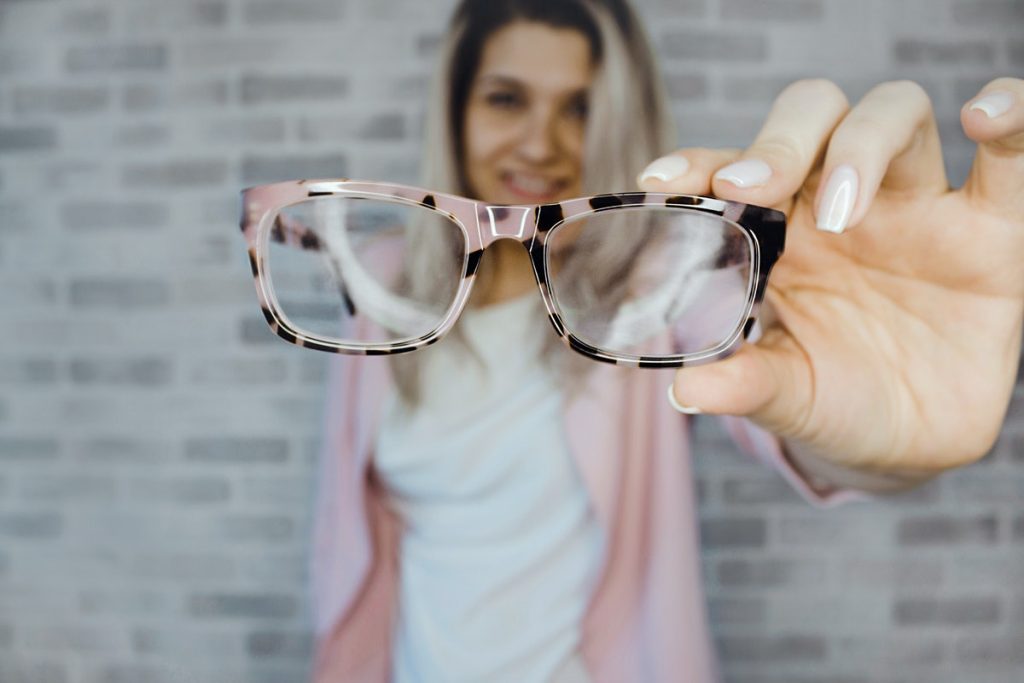It is a common misconception that as we age, our vision deteriorates, and we are unable to see as well as we did when we were younger. While it is true that our eyesight may change slightly as time goes on, this does not have to mean a decline in our quality of life. You can do many things throughout your life to keep your vision stable and improve your overall eye health.
Here are some tips for keeping your vision stable throughout your life.
1. Get regular eye exams.
One of the best things you can do for your eyes is to get regular eye exams. This will allow your doctor to catch any problems early and provide the treatment you need to keep your vision stable. Because some eye conditions do not have symptoms, it is essential to have an eye exam at least once a year.
For example, the corneal cross-linking treatment can help slow the progression of corneal thinning. This condition, also known as keratoconus, can lead to vision loss. However, if it is caught early, the treatment can help keep the condition from worsening. Because there are no symptoms in the early stages of keratoconus, an eye exam is the only way to diagnose it.
2. Eat a healthy diet.
Eating a healthy diet is essential for overall health, including eye health. Eating plenty of fruits and vegetables can help reduce your risk of developing cataracts and macular degeneration. Omega-3 fatty acids are also good for your eyes. You can find them in fish, such as salmon, tuna, and mackerel, as well as in nuts and seeds.
Some foodborne illnesses can also lead to vision problems. For example, toxoplasmosis is a parasitic infection that can be contracted by eating undercooked meat or contaminated water. Toxoplasmosis can lead to vision loss, so it is essential to be careful when preparing food. Always cook meat thoroughly and wash fruits and vegetables before eating them.

3. Protect your eyes from the sun.
Too much exposure to ultraviolet (UV) light can damage your eyes. Many people do not realize that the sun can damage your eyes, even on cloudy days. It is essential to wear sunglasses or a hat with a brim when you are outdoors to protect your eyes from the sun. Avoid looking directly at the sun, as this can cause severe damage to your eyes.
It would be best if you also were careful when using tanning beds, as they emit UV light. If you must use a tanning bed, wear eye protection to reduce your risk of eye damage. This is especially important if you have a history of cataracts or macular degeneration.
4. Quit smoking.
Smoking damages your overall health and can lead to vision problems. Smokers are more likely to develop cataracts, macular degeneration, and uveitis. About half of all smokers will develop at least one of these conditions.
If you smoke, the best thing you can do for your eyes is to quit. Many resources are available to help you quit smoking, so there is no excuse not to try. Quitting smoking will improve your overall health and reduce your risk of developing vision problems. Ask your doctor for help if you are having trouble quitting on your own.
5. Keep your eyes clean.
The eyes are susceptible to infection, so it is essential to keep them clean. It would be best if you washed your hands before touching your eyes. If you wear contact lenses, clean them according to the manufacturer’s instructions. Never share contact lenses with someone else, as this can spread infection.
It would be best if you also clean your computer screen and phone regularly. These devices can harbor bacteria that can lead to eye infections. Whenever you are using these devices, be sure to clean them with a soft, dry cloth.
6. Take breaks when using electronic screens.
Although electronic screens are not harmful to your eyes, staring at them for long periods can cause eye strain. To reduce eye strain, take breaks every 20 minutes or so and look at something else for 20 seconds. You can also try using the 20-20-20 rule: every 20 minutes, look at something 20 feet away for 20 seconds. This will help reduce eye strain and keep your vision healthy.
You can also adjust the settings on your electronic devices to reduce eye strain. For example, you can increase the font size on your computer or phone, so you do not have to strain your eyes to see the text. Lower the brightness of your screens to reduce the light your eyes are exposed to.
These are just a few tips to help you keep your vision healthy. Following these tips can reduce your risk of developing vision problems. If you have any concerns about your vision, see an eye doctor for a comprehensive eye exam. They can help you identify any issues and provide treatment if necessary.

